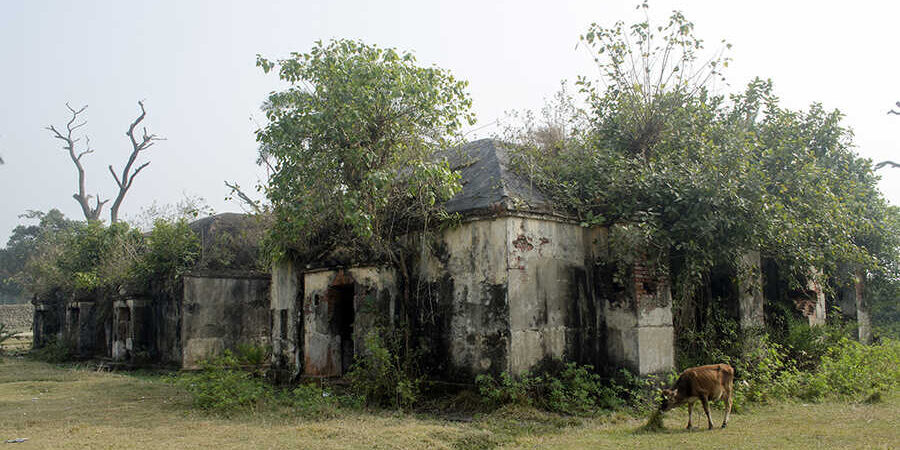Achipur, nestled in the South 24 Parganas district of West Bengal, India, holds a unique charm steeped in history and cultural fusion. This quaint locality traces its origins to the late 18th century when Tong Achew, a Chinese trader, settled here and established one of the earliest Chinese communities in India.
The settlement flourished primarily through trade, particularly in sugar and cotton, contributing significantly to the local economy under the patronage of the British East India Company. Over time, Achipur became a melting pot where Chinese traditions intertwined with local Bengali customs, creating a distinctive cultural tapestry.
One of the prominent landmarks in Achipur is the Tong Achiu Kong or Chinese Temple, dedicated to Tong Achew. This temple not only serves as a religious center but also stands as a symbol of the enduring presence of the Chinese community in the area. The architecture of the temple reflects a blend of Chinese and Indian influences, showcasing the cultural syncretism that defines Achipur.
Another notable feature is the Chinese cemetery, a silent testimony to the settlement’s history and the lives of its early inhabitants. The cemetery’s tombstones and monuments provide glimpses into the community’s past and its contributions to the region.
Today, Achipur continues to attract visitors seeking to explore its historical roots and cultural heritage. The local administration and heritage enthusiasts are actively involved in preserving the area’s architectural landmarks, artifacts, and cultural practices, ensuring that Achipur’s rich legacy endures for future generations.
In conclusion, Achipur stands as a remarkable example of cultural diversity and coexistence in India. Its fascinating history, marked by the pioneering Chinese settlers and their integration with local traditions, makes it a compelling destination for anyone interested in exploring lesser-known aspects of India’s multicultural heritage.

Leave a Reply